Sribala Vidyadhari Chinta
AI-Driven Healthcare: A Survey on Ensuring Fairness and Mitigating Bias
Jul 29, 2024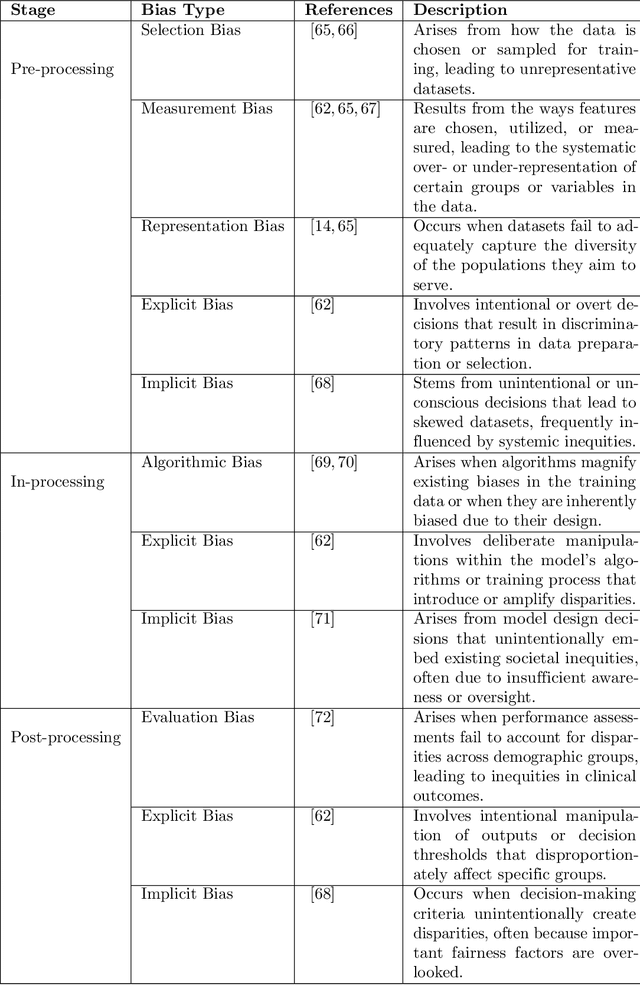

Abstract:Artificial intelligence (AI) is rapidly advancing in healthcare, enhancing the efficiency and effectiveness of services across various specialties, including cardiology, ophthalmology, dermatology, emergency medicine, etc. AI applications have significantly improved diagnostic accuracy, treatment personalization, and patient outcome predictions by leveraging technologies such as machine learning, neural networks, and natural language processing. However, these advancements also introduce substantial ethical and fairness challenges, particularly related to biases in data and algorithms. These biases can lead to disparities in healthcare delivery, affecting diagnostic accuracy and treatment outcomes across different demographic groups. This survey paper examines the integration of AI in healthcare, highlighting critical challenges related to bias and exploring strategies for mitigation. We emphasize the necessity of diverse datasets, fairness-aware algorithms, and regulatory frameworks to ensure equitable healthcare delivery. The paper concludes with recommendations for future research, advocating for interdisciplinary approaches, transparency in AI decision-making, and the development of innovative and inclusive AI applications.
FairAIED: Navigating Fairness, Bias, and Ethics in Educational AI Applications
Jul 26, 2024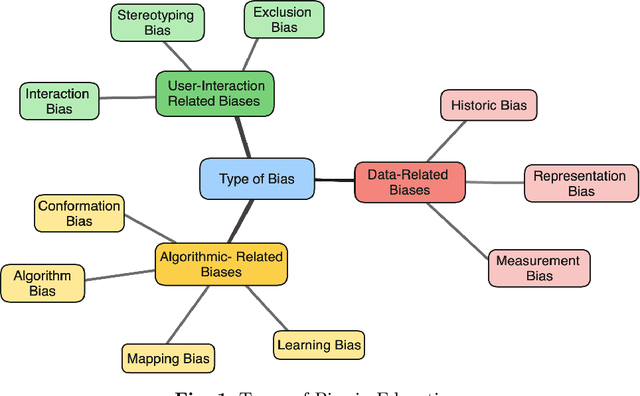
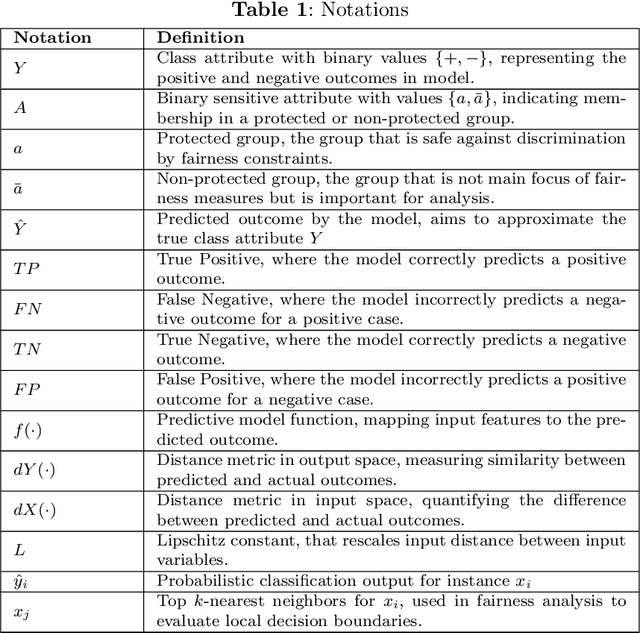
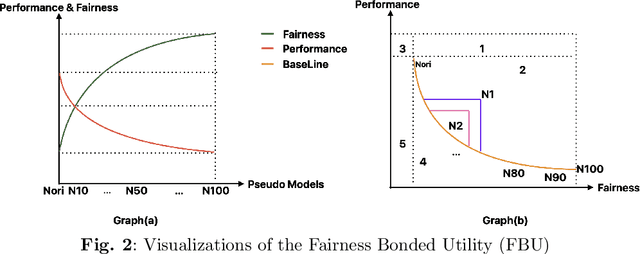
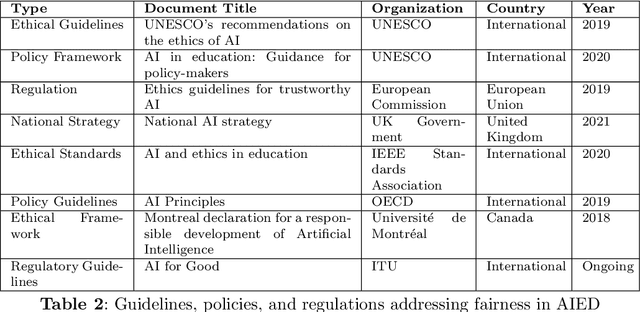
Abstract:The integration of Artificial Intelligence (AI) into education has transformative potential, providing tailored learning experiences and creative instructional approaches. However, the inherent biases in AI algorithms hinder this improvement by unintentionally perpetuating prejudice against specific demographics, especially in human-centered applications like education. This survey delves deeply into the developing topic of algorithmic fairness in educational contexts, providing a comprehensive evaluation of the diverse literature on fairness, bias, and ethics in AI-driven educational applications. It identifies the common forms of biases, such as data-related, algorithmic, and user-interaction, that fundamentally undermine the accomplishment of fairness in AI teaching aids. By outlining existing techniques for mitigating these biases, ranging from varied data gathering to algorithmic fairness interventions, the survey emphasizes the critical role of ethical considerations and legal frameworks in shaping a more equitable educational environment. Furthermore, it guides readers through the complexities of fairness measurements, methods, and datasets, shedding light on the way to bias reduction. Despite these gains, this survey highlights long-standing issues, such as achieving a balance between fairness and accuracy, as well as the need for diverse datasets. Overcoming these challenges and ensuring the ethical and fair use of AI's promise in education call for a collaborative, interdisciplinary approach.
 Add to Chrome
Add to Chrome Add to Firefox
Add to Firefox Add to Edge
Add to Edge